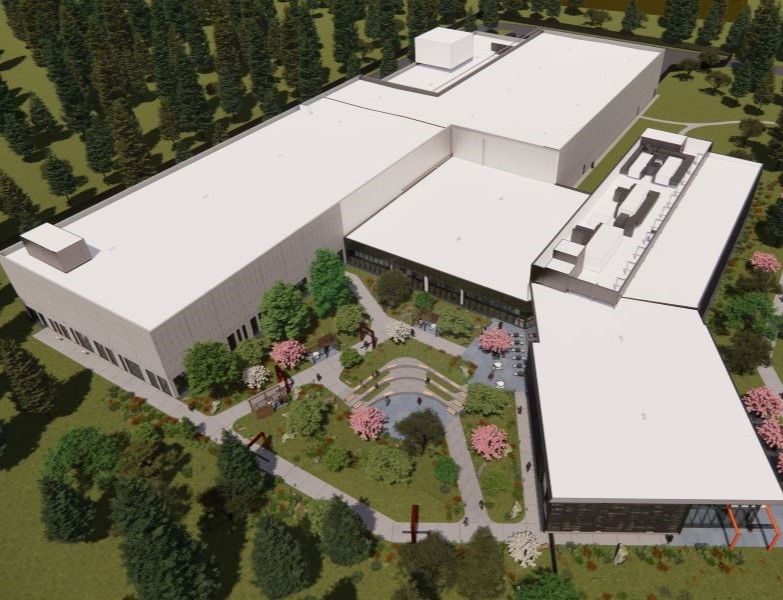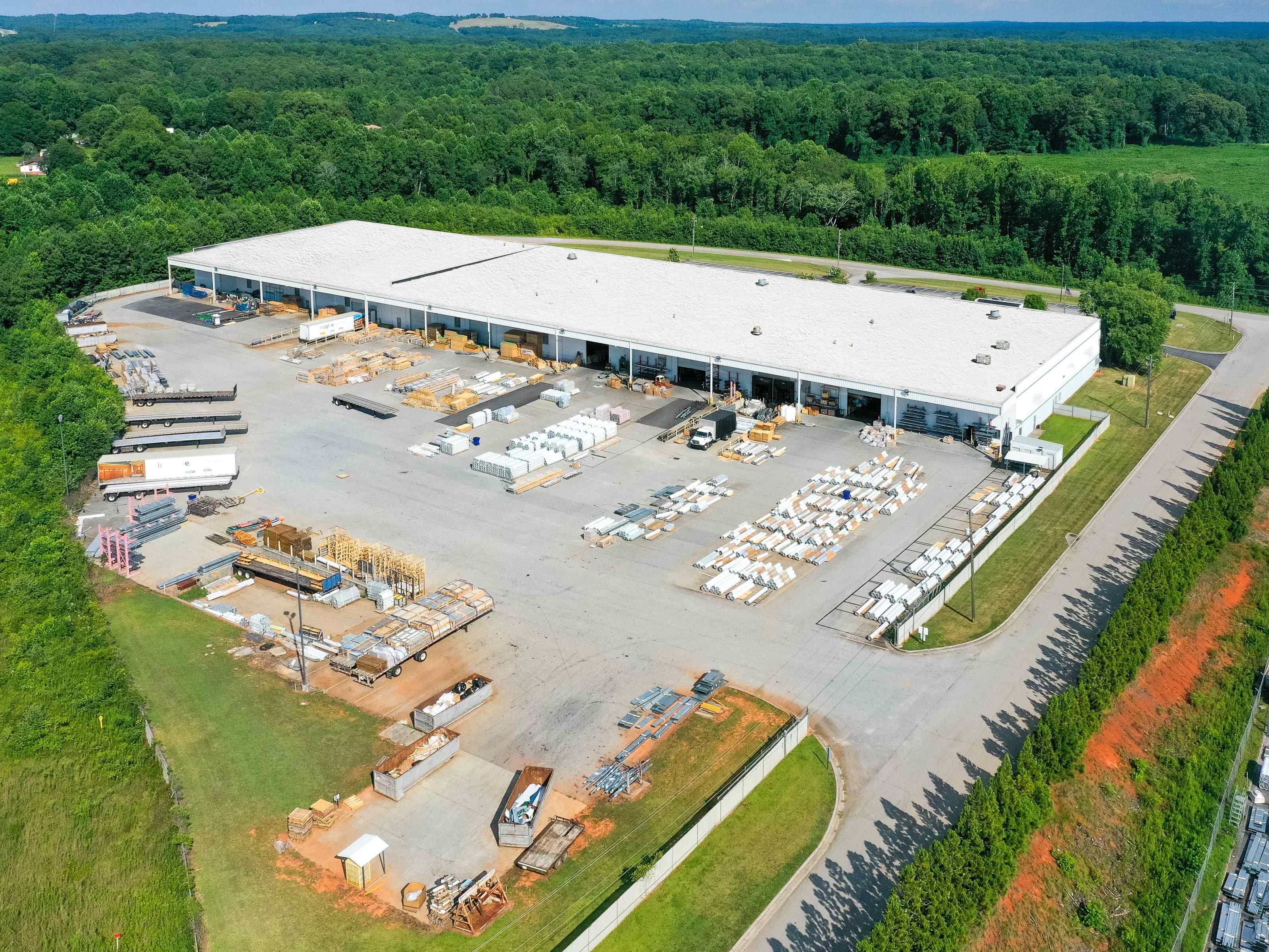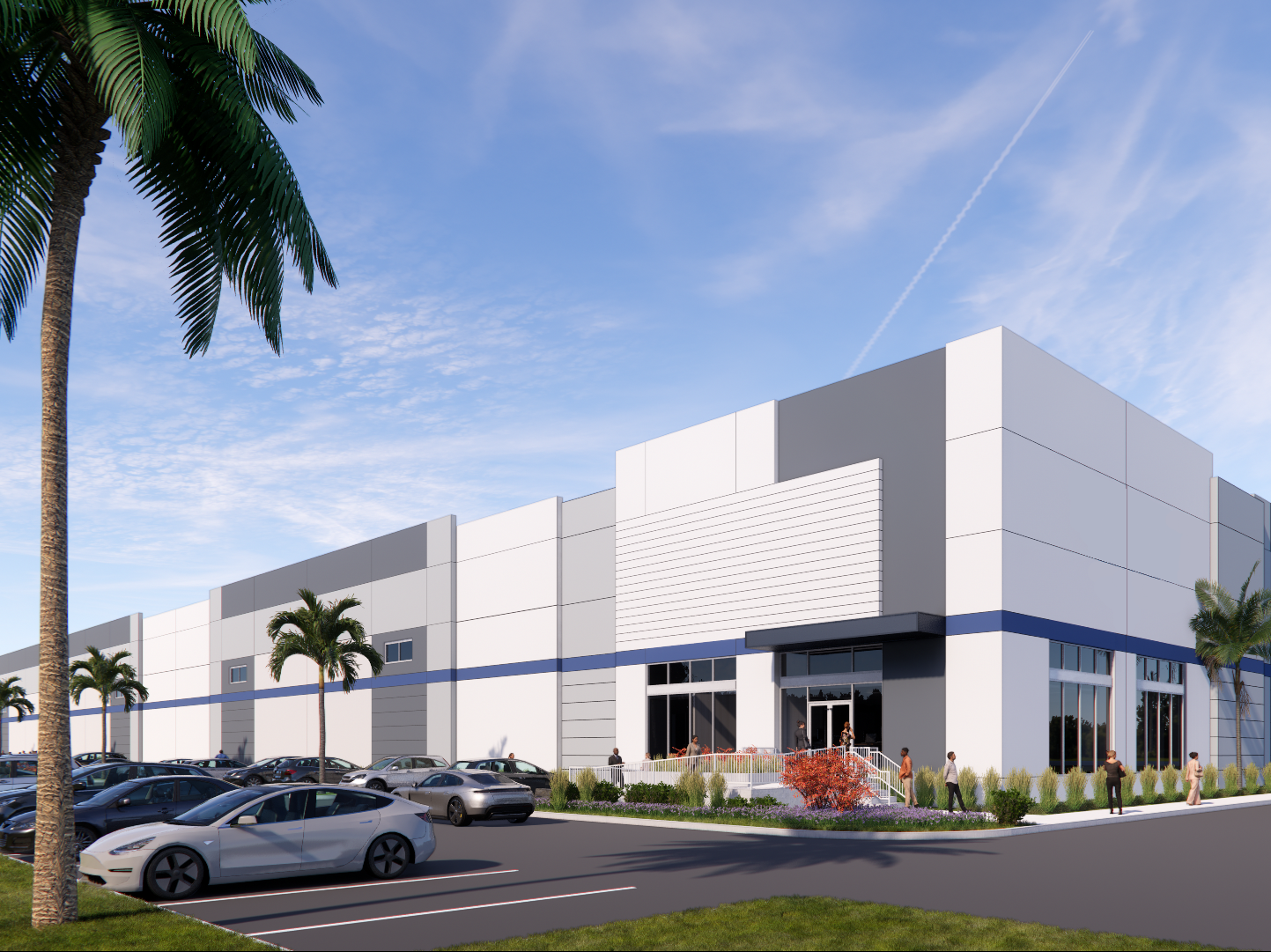$530M Manufacturing Plant Coming to the Research Triangle
A Tokyo-based firm has approved plans for a specialty pharmaceutical facility.
Japanese specialty pharmaceutical company Kyowa Kirin’s board of directors has approved a $530 million plan to build a new manufacturing facility in Sanford, N.C.

The 171,700-square-foot, two-reactor facility will accelerate the company’s development and production of biologic therapies for patients with rare and serious diseases, while also contributing to the Sanford area’s economic growth and development.
Construction on the project is scheduled to begin in the second half of 2024. The facility is expected to become fully operational in 2027.
The 75-acre campus at Helix Innovation Park at The Brickyard will allow for future expansion, as needed.
READ ALSO: Office Debt – The Underwater Mountain
The deal is supported by performance-based state and local incentives to Kyowa Kirin of $10 million over 12 years, which are estimated to grow the state’s economy by $1.05 billion over the course of the grant, according to the North Carolina Department of Commerce.
The plant will create more than 100 new local jobs at an average salary of $91,496.
Raleigh-Durham area a prime location
Executive Managing Director Matt Jackson, a member of JLL’s Life Sciences Advisory Council, told Commercial Property Executive the U.S. is not necessarily seeing a rise but an evolution in biologics manufacturing.
Biologics manufacturing has been in the U.S. for a long time. Technologies and modalities are changing, he said, and the recent advances in biologics solutions are focused on cell therapy and related innovations.
Biologics manufacturing has historically been centralized in a handful of clusters across the U.S., including Greater Boston, Northern New Jersey, Philadelphia, the I-270 Corridor, the San Francisco Bay Area and San Diego.
During the past decade, Raleigh-Durham has emerged as a strong contender for these operations, along with Houston, Minneapolis, Seattle and Denver.
“Raleigh-Durham stands out due to its ongoing focus on the production of talent from its world-class universities; support from the government; desirable destination for mid-career professionals seeking a better quality of life and lower cost of living; and an active development community bringing new industrial scale sites to the market in proximity to the Research Triangle Park,” Jackson said.
“When looking at the range of factors that biologics manufacturers typically evaluate when selecting sites, the Raleigh-Durham area compares favorably to many other candidate locations in the country.”
READ ALSO: Attracting Life Science Tenants in Core Markets
Daniel Flynn, senior director, JLL Capital Markets, said Raleigh-Durham is a top destination for biomanufacturing users due to its low cost of living and doing business, high quality of life, and growing cluster of advanced pharmaceutical and biotechnology companies.
“What is often understated is the industry infrastructure which exists in the region: a dynamic workforce, robust private and government funding ecosystem, and a deep existing base of innovative companies lay the foundation for the ongoing growth of the life sciences space locally,” he told CPE.
Sanford is about 40 miles southwest of Raleigh.
Kyowa Kirin said a key driver of the new manufacturing facility is the growing global imperative to treat diseases that individually are rare, but which collectively affect an estimated 263 to 446 million people worldwide.







You must be logged in to post a comment.